


If re-elected, Donald Trump will likely pressure Japan to improve reciprocity in the bilateral security treaty or make other demands.



Did Kim Yo Jong offer to accept Kishida's visit to North Korea on the condition that the abductions issue would not become a stumbling block? Here's...
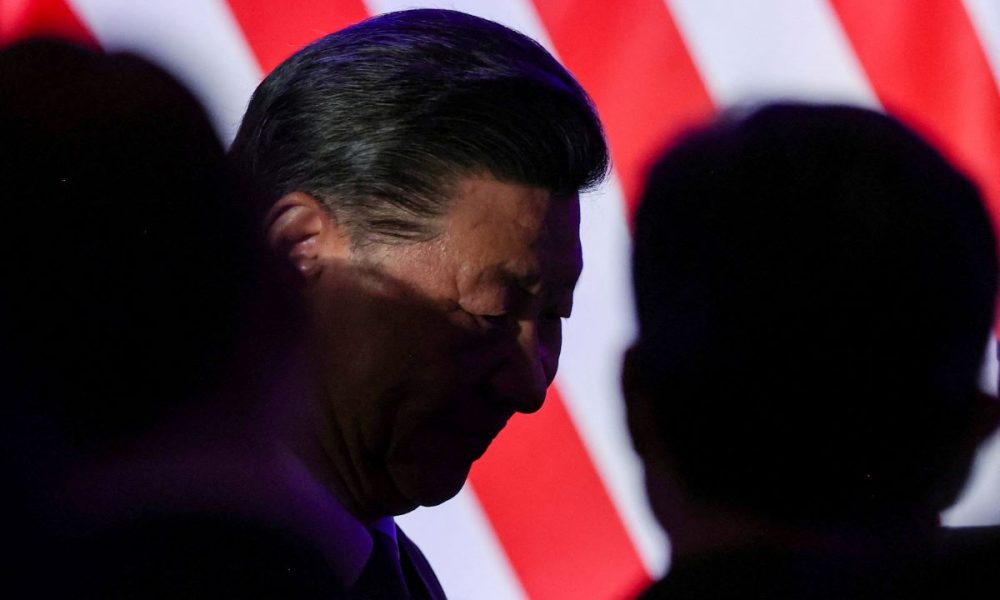
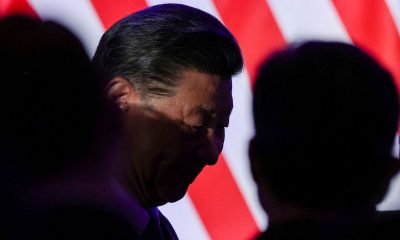

Xi Jinping claims China met the CCP's economic growth targets for 2023 but analysis of actual economic data indicates negative GDP growth for the year.
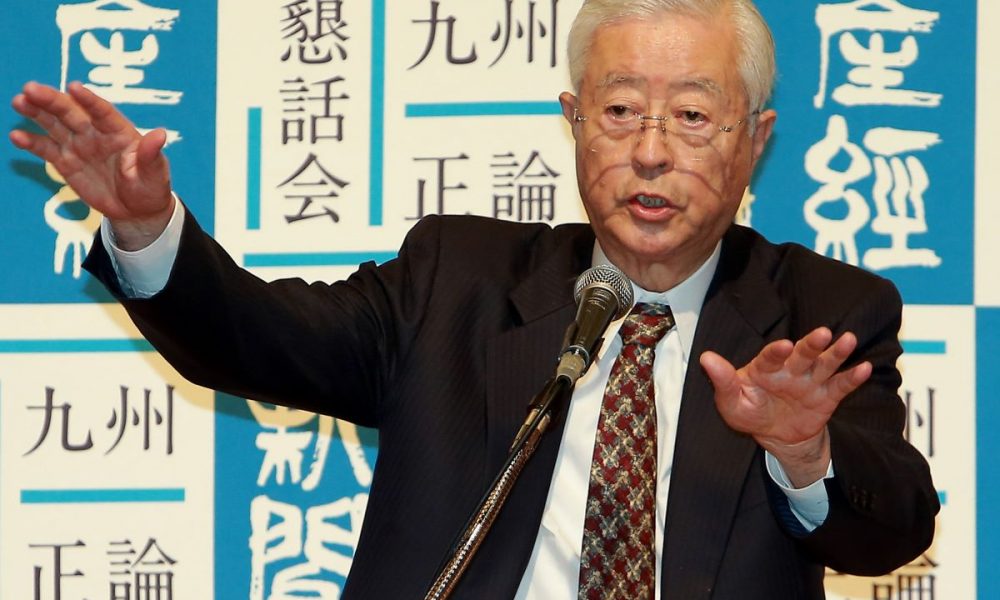


Both a realist and visionary, Tadae Takubo showed Japan the path toward independence and self-respect with his theories on national security and rearmament.
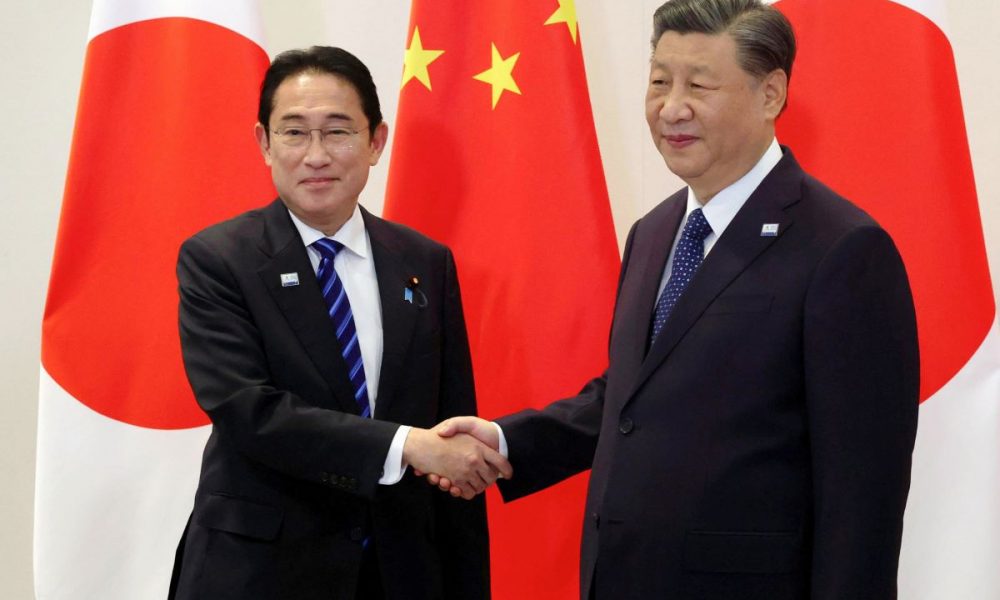
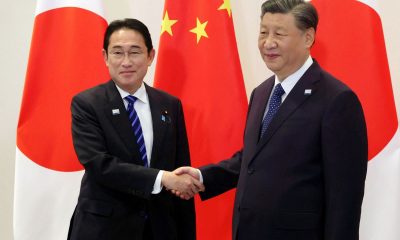

Diplomacy has resolved none of the major issues with China. Japan needs its own counterespionage law and other measures if it wants to see results.
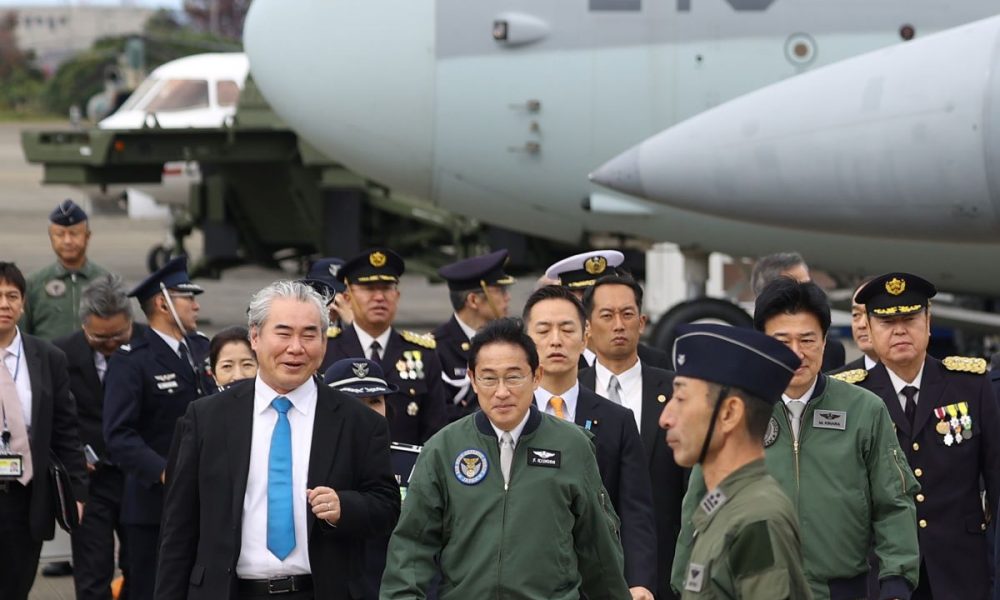
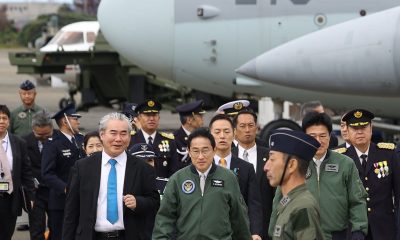

In the face of existing and threatened global conflicts, Speaking Out argues that constitutional amendment must proceed swiftly, giving the SDF top priority.
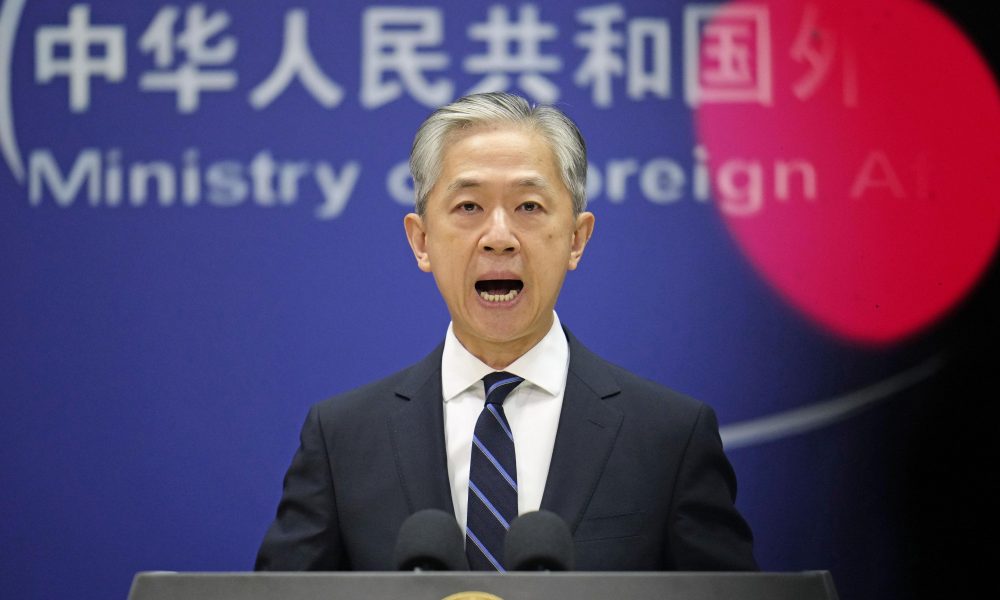
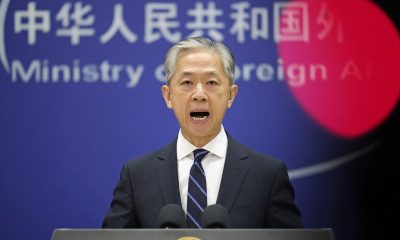

China says its ban on Japanese seafood is about Fukushima Daiichi, but facts say it's economic coercion. Japan's strategic response should include these points.
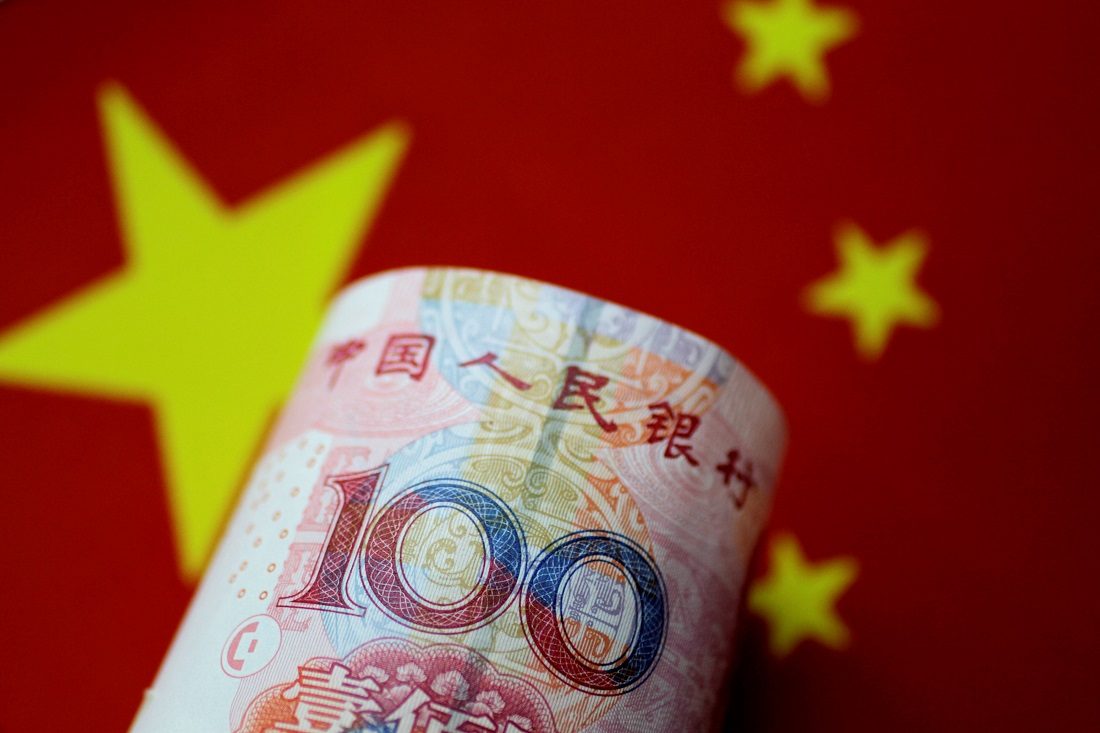


Like a ticking time bomb, even a relatively small explosion within the huge Chinese financial world could lead to a large-scale financial crisis.



An anti-espionage law is crucial to halt cases like AIST where Japanese universities invest taxpayer funds in research that in the end benefits China.
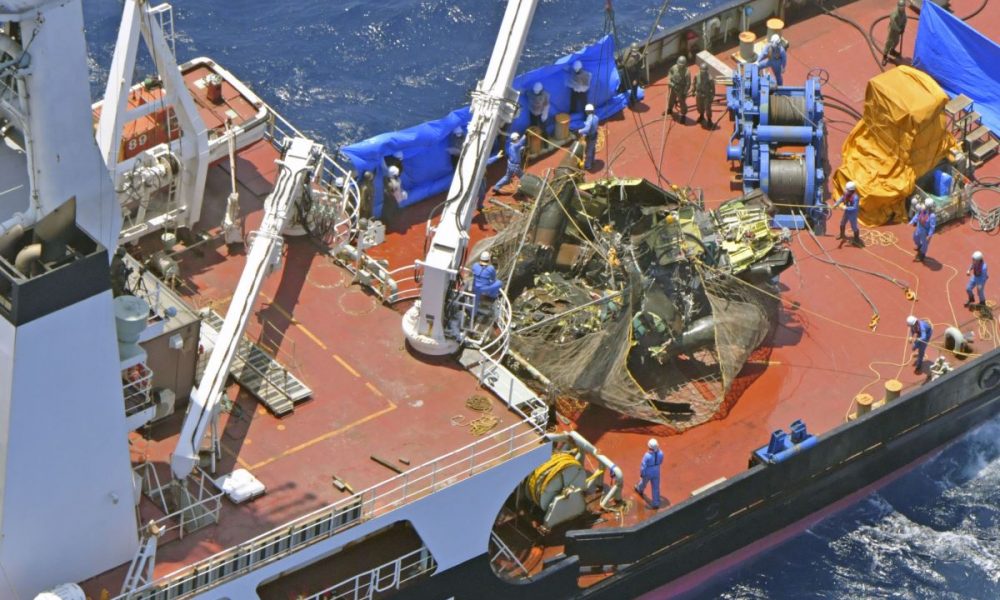


Flight recorder data from the doomed helicopter, along with information from similar incidents, is helpful when assessing what could have caused the crash.

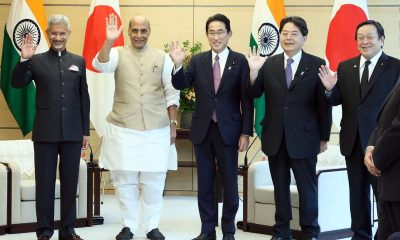

India has become a pillar of the global economy through incredible economic growth, and its rise could help rein in Chinese expansionism, argues the author.
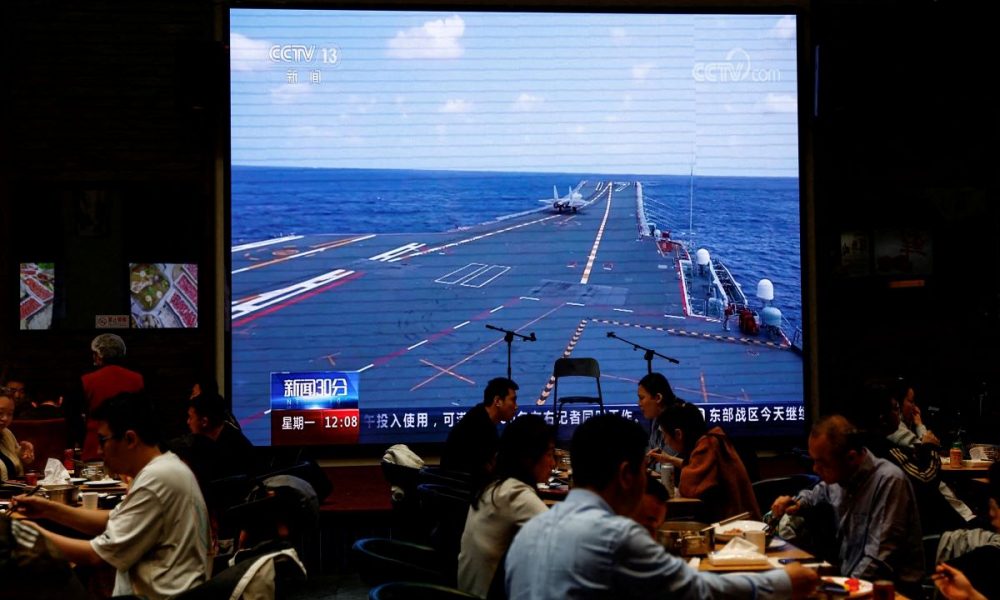
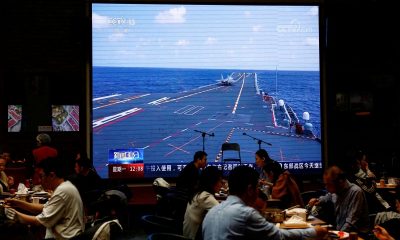

In any unification, China's PLA would enter Taiwan and take control of the sea lanes used to transport 90% of Japan's energy and 60% of its...